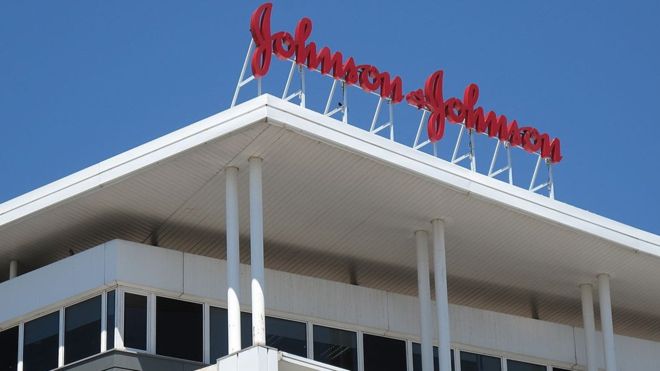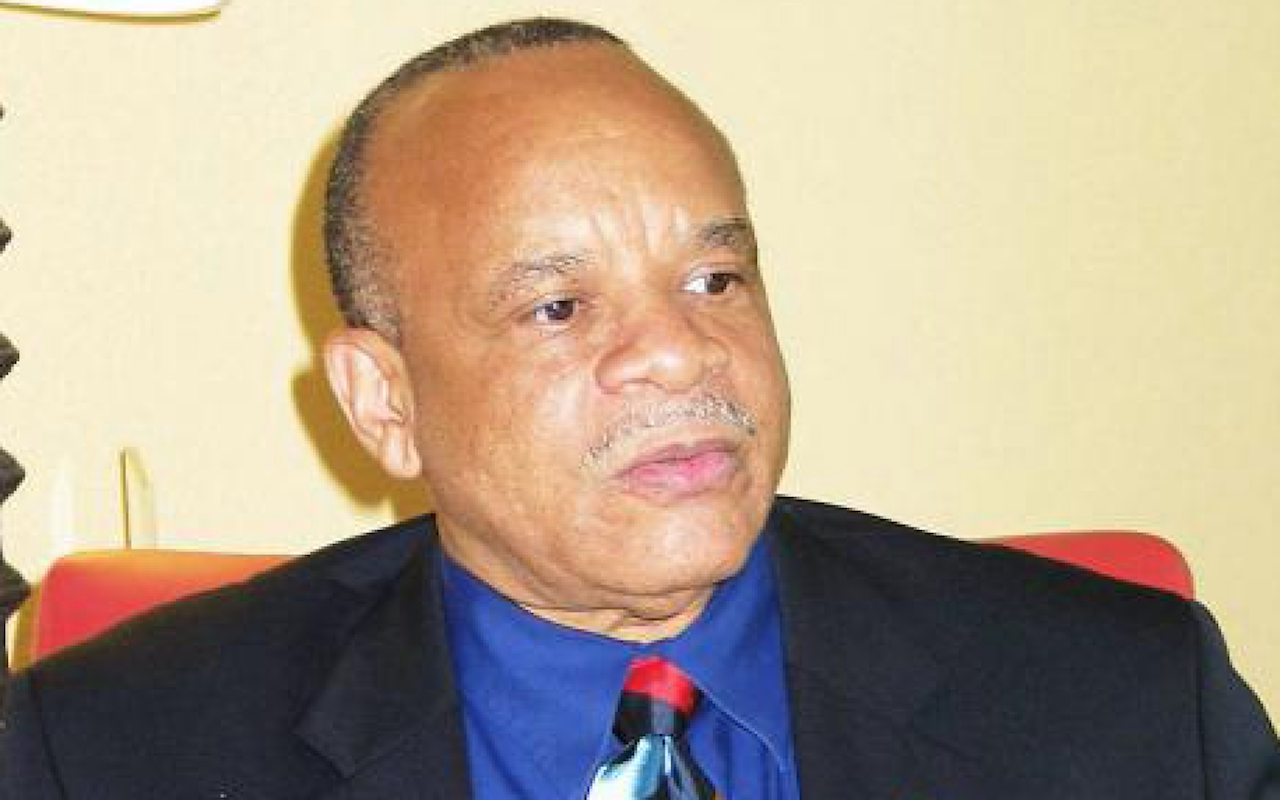Drugmaker Johnson & Johnson must pay $572M for its part in fuelling America’s opioid painkiller addiction crisis, a judge in Oklahoma has ruled.
The company said immediately after the judgement that it would appeal.
The case was the first to go to trial out of thousands of lawsuits filed against opioid makers and distributors.
Earlier this year, Oklahoma settled with OxyContin maker Purdue Pharma for $270M and Teva Pharmaceutical for $85M, leaving J&J as the lone defendant.
An Oklahoma judge ordered US healthcare giant Johnson & Johnson on Monday to pay $572 million for its role in fostering the state’s opioid addiction crisis.
Judge Thad Balkman said prosecutors had demonstrated that J&J contributed to a “public nuisance” in its deceptive promotion of highly addictive prescription painkillers.
“Those actions compromised the health and safety of thousands of Oklahomans,” he said in his ruling. The payment would be used to treat opioid addicts, he said.
Closely watched
The outcome of the case is being closely watched by plaintiffs in about 2,000 opioid lawsuits due to go to trial in Ohio in October unless the parties can reach a settlement.
Opioids were involved in almost 400,000 overdose deaths from 1999 to 2017, according to the US Centers for Disease Control and Prevention. Since 2000, some 6,000 people in Oklahoma have died from opioid overdoses, according to the state’s lawyers.
During Oklahoma’s seven-week non-jury trial, lawyers for the state argued that J&J carried out a years-long marketing campaign that minimised the addictive painkillers’ risks and promoted their benefits.
The state’s lawyers had called J&J an opioid “kingpin” and argued that its marketing efforts created a public nuisance as doctors over-prescribed the drugs, leading to a surge in overdose deaths in Oklahoma.
J&J had vigorously denied wrongdoing, arguing that its marketing claims had scientific support and that its painkillers, Duragesic and Nucynta, made up a tiny fraction of opioids prescribed in Oklahoma.
The company’s lawyers argued that the state’s case rested on a “radical” interpretation of the state’s public nuisance law.




